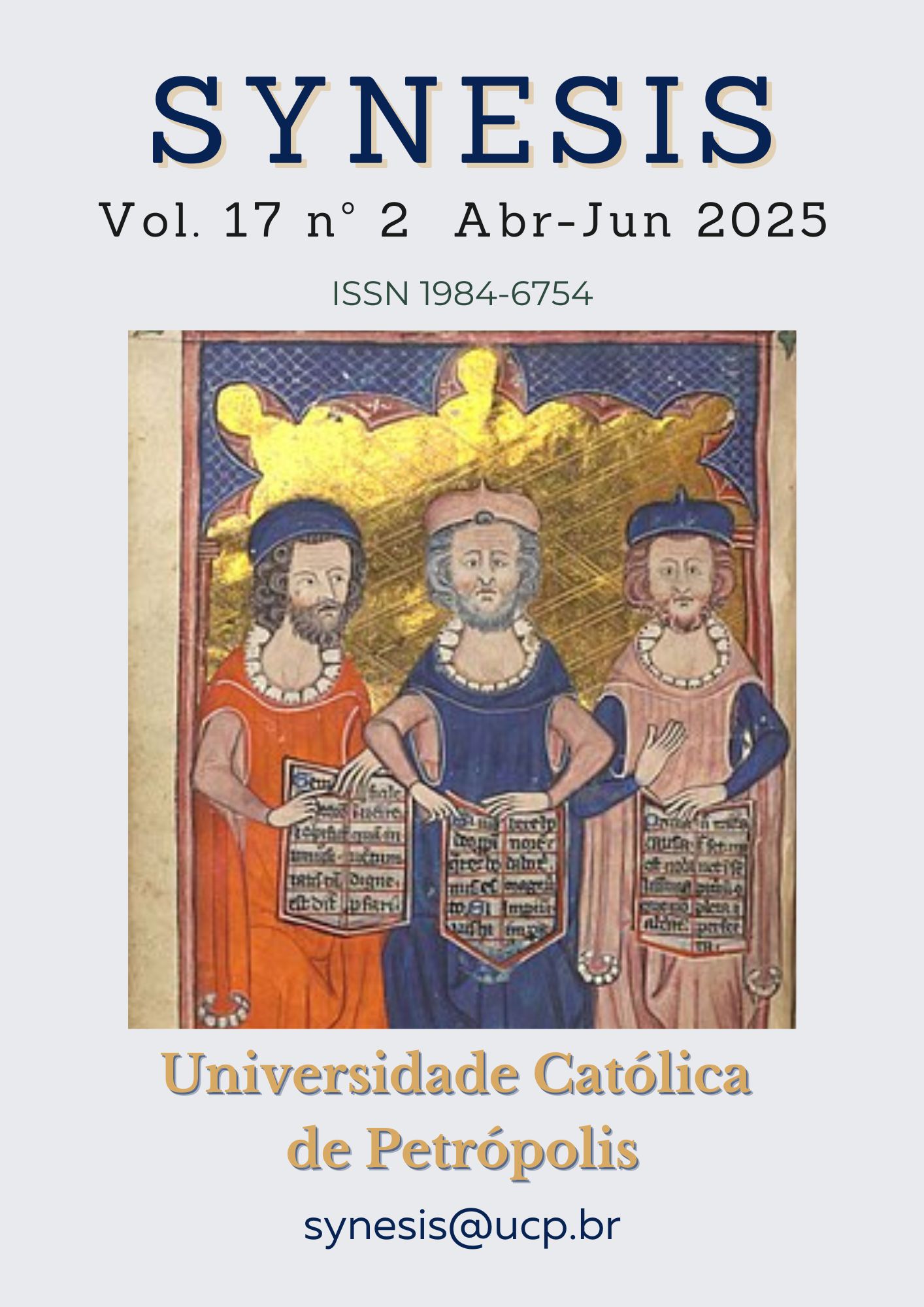Resumo
Este artículo examina cómo Jacques Rancière aborda la tensión entre lo político y la política en su obra En los bordes de lo político, destacando la centralidad de los márgenes como espacios de disenso, interrupción y transformación democrática. Lo político, entendido como el ámbito de la contingencia y de los sujetos que irrumpen sin lugar previo, contrasta con la política institucionalizada, cuyo objetivo es estabilizar el orden social y administrar el conflicto. A partir de esta distinción, se profundiza en el valor epistemológico y emancipador del disenso, en oposición a las formas de consenso que tienden a clausurar la acción colectiva. Asimismo, este artículo amplía la reflexión rancieriana mediante un diálogo con el liberalismo político contemporáneo. Se exploran las ideas de John Rawls, Chantal Mouffe, Nancy Fraser y Bernard Williams, abordando las posibilidades y límites del consenso, la inclusión del antagonismo y la necesidad de justificación del poder. Este contrapunto permite pensar si el liberalismo puede reinventarse desde sus márgenes, aprendiendo del disenso en lugar de neutralizarlo. En ese sentido, se argumenta que una democracia vibrante no puede limitarse a gestionar la participación, sino que debe abrirse a formas no convencionales de acción política que emergen desde lo político. Finalmente, se sostiene que revitalizar la tensión entre lo político y la política –en lugar de resolverla– es clave para repensar las instituciones, recuperar la agencia ciudadana y rehacer el vínculo entre igualdad, justicia y participación. En los bordes, donde convergen el caos y la promesa, se encuentra el potencial de una democracia aún por imaginar.
Referências
AGAMBEN, G. ¿Qué es ser contemporáneo? Buenos Aires: Adriana Hidalgo, 2011. [Ensayo original publicado en 2007 a partir del curso de filosofía que Giorgio Agamben dictó en el Instituto Universitario de Arquitectura de Venecia].
AGÜERO, J. El infierno de las humanidades: La fobia “aplicada” de Sebastián Edwards. En: Le Monde diplomatique, edición chilena, 15 de mayo de 2024. Available at: https://www.lemondediplomatique.cl/el-infierno-de-las-humanidades-la-fobia-aplicada-de-sebastian-edwards-por.html. Accessed on: 12 jun. 2025.
CASTILLO, K. Política de la imaginación: ficción, disenso y el tiempo de la emancipación en Jacques Rancière. En-Claves del Pensamiento, v. 15, n. 29, p. 86-104, 2021. DOI: 10.46530/ecdp.v0i29.409. Available at: https://www.enclavesdelpensamiento.mx/index.php/enclaves/article/view/409. Accessed on: 12 jun. 2025.
CERLETTI, A. La política del maestro ignorante: la lección de Rancière. Educação & Sociedade, Campinas, v. 24, n. 82, p. 299–308, 2003. Available at: https://doi.org/10.1590/S0101-73302003000100021. Accessed on: 12 jun. 2025.
CORNU, L.; VERMEREN, Patrice. La philosophie déplacée. Autour de Jacques Rancière, Actes du colloque de Ce-risy. París: Horlieu, 2006.
CORTINA, A. Alianza y contrato. Política, ética y religión. Madrid: Trotta, 2014.
FRASER, N. Justice Interruptus. Critical Reflections on the “Postsocialist” Condition. New York: Routledge, 1997.
MOUFFE, C. El retorno de lo político. Comunidad, ciudadanía, pluralismo, democracia radical. Barcelona: Paidós, 1999.
RANCIÈRE, J. Aux Bords du politique. París: Osiris, 1990.
RANCIÈRE, J. Le ressentiment anti-esthétique. Magazine littéraire, n. 414, pp. 18-21, 2002.
RANCIÈRE, J. El desacuerdo. Política y filosofía. Barcelona: Laertes, 2003.
RANCIÈRE, J.El inconsciente estético. Buenos Aires: Del Estante, 2005.
RANCIÈRE, J.L’usage des distinctions. Failles, n. 2, pp. 6-20, 2006.
RANCIÈRE, J. En los bordes de lo político. Buenos Aires, La Cebra, 2007.
RANCIÈRE, J. El reparto de lo sensible. Santiago de Chile: LOM, 2009.
RANCIÈRE, J.En los bordes del cine. México: Universidad Nacional Autónoma de México, 2014.
RANCIÈRE, J.Les bords de la fiction. París: Editions du Seuil, 2017.
RANCIÈRE, J.El maestro ignorante. Buenos Aires: Nueva Visión, 1996.
RAWLS, J. El liberalismo político. Barcelona: Crítica, 2019.
RAWLS, J. Teoría de la justicia. México: Fondo de Cultura Económica, 2021.
RUBY, C. Rancière y lo político. Buenos Aires: Prometeo Libros, 2010.
SOTO, A. Los bordes de la representación. Theory Now. Journal of Literature, Critique, and Thought, v. 3, n. 1, p. 30–49, 2020. Available at: https://revistaseug.ugr.es/index.php/TNJ/article/view/11368. Accessed on: 12 jun. 2025.
WILLIAMS, B. In the Beginning Was the Deed: Realism and Moralism in Political Argument. Princeton: Princeton University Press, 2005.

Este trabalho está licenciado sob uma licença Creative Commons Attribution-NonCommercial-NoDerivatives 4.0 International License.
Copyright (c) 2025 Synesis (ISSN 1984-6754)

